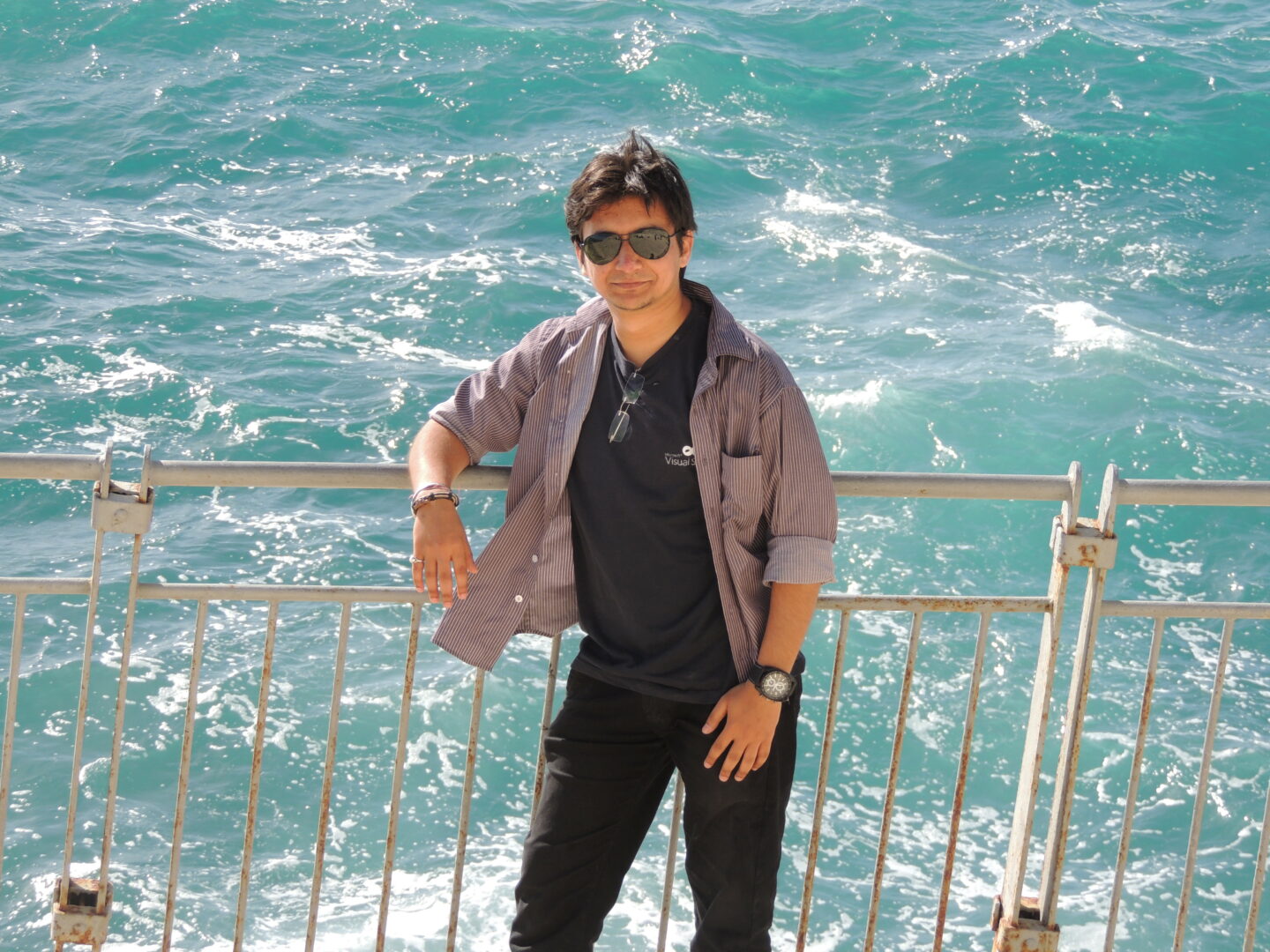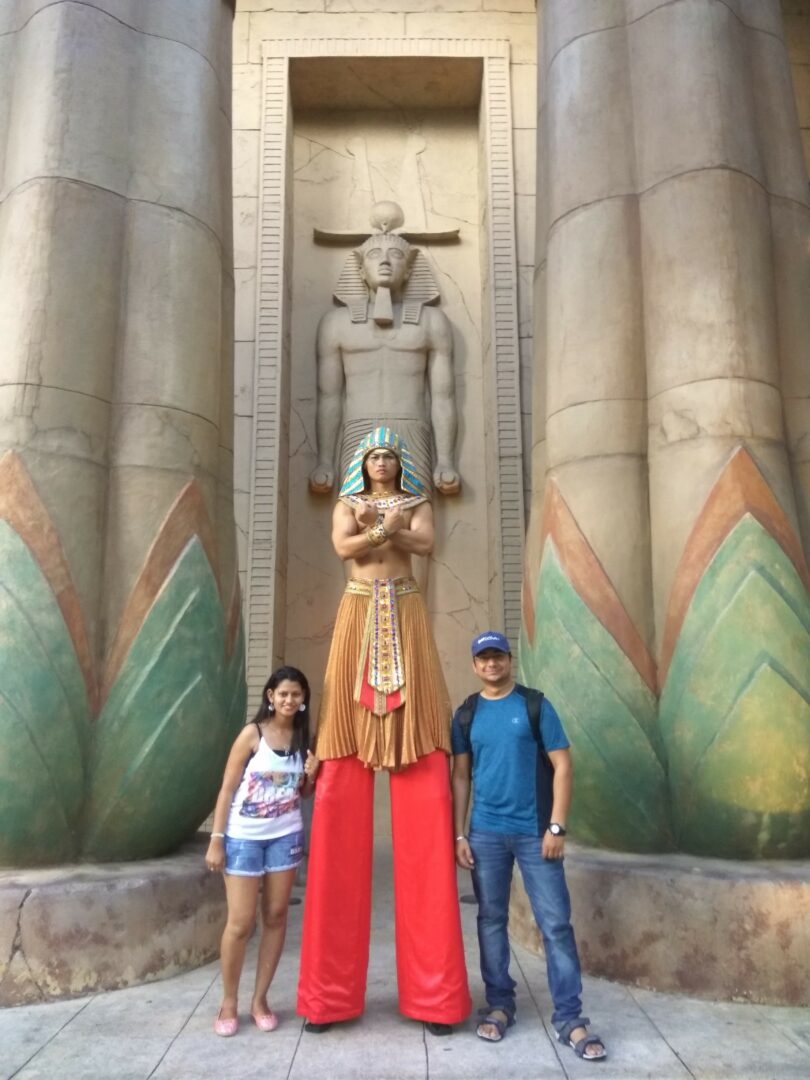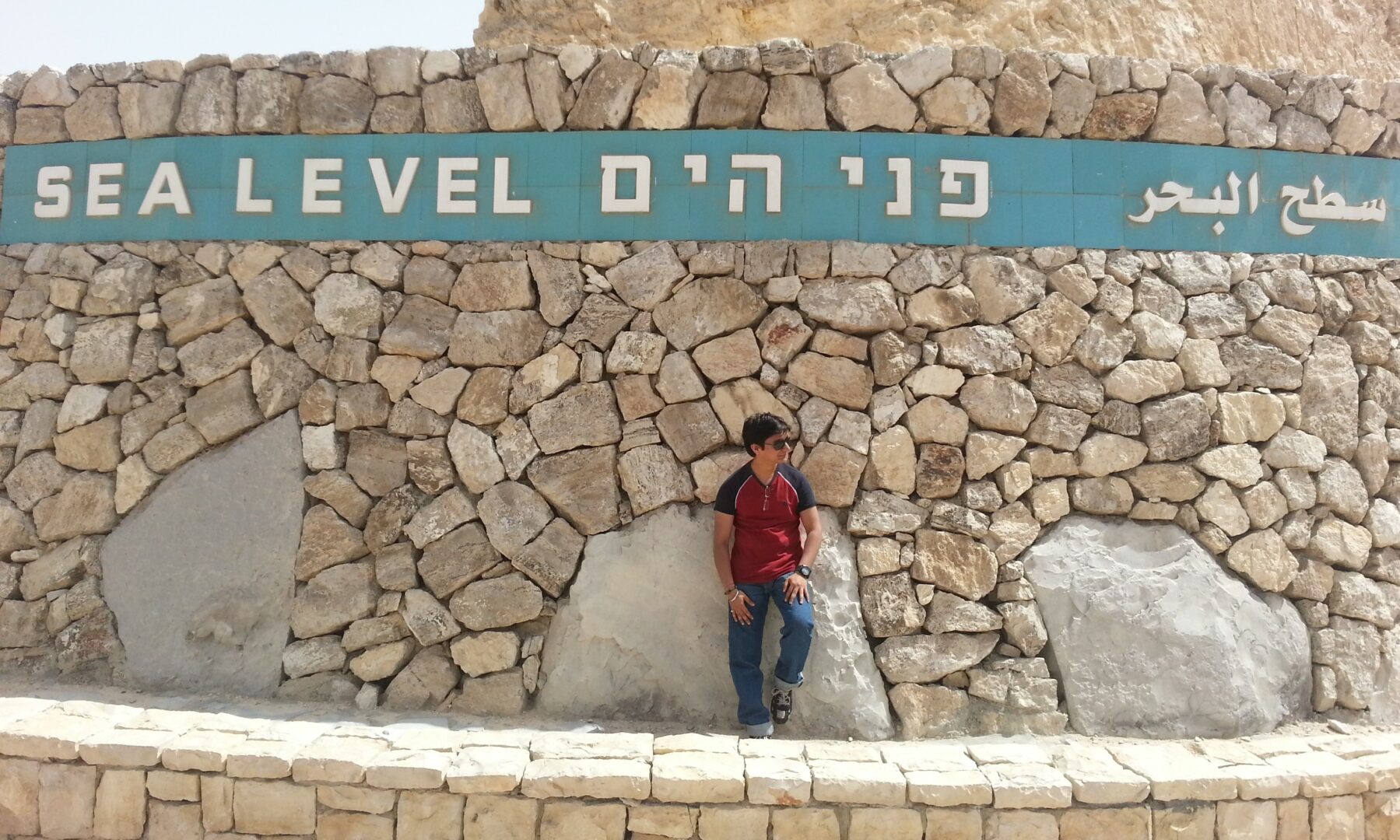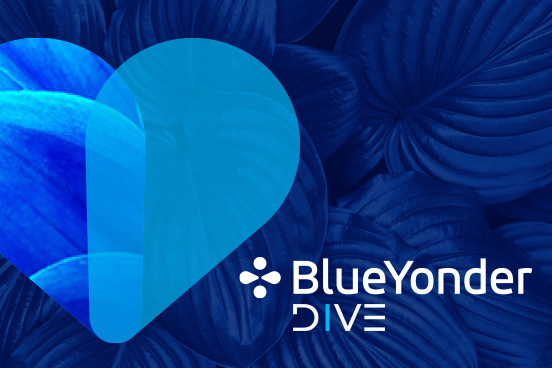Gaurav Behere works in product development at Blue Yonder and share some of the most impactful learnings he’s had while living – and working – through a pandemic. From adjusting to working from home for the first time, and realizing what matters most in life (hint: it’s not ‘things,’ but family, health, life), Gaurav lives with empathy, gratitude and an enthusiasm for his job (with a little drumming on the side!).
Tell us a little about yourself.

I was born and brought up in a middle-class family in a city called Gwalior in Madhya Pradesh, India. I had an amazing childhood, played a lot of cricket, made a lot of friends and studied a lot too.
I am a very spiritual person and I believe being honest to yourself and to people around you is the right thing to do and it always pays off.
I’ve also always been interested in music and wanted to play but didn’t have the right resources. During my first job I learned drumming and after I moved to Bangalore, I started a band. We did a few stage-shows. Now drumming is an integral part of my life.
What is your role at Blue Yonder? What’s your favorite part?
I am a UI architect. I love the fact that I am learning and challenged every day. This is the part that keeps me motivated and excited about my job. The design challenges, UX inputs I can give where I get an opportunity to empathize with the users and wear an end user’s hat to propose solutions makes my job worth it!
What did you do before you came to Blue Yonder?
I was managing a product team at PayPal. I was a bit hesitant to take a management role as I love coding and designing solutions and I wanted that to be the dominant part of my work. But I took the opportunity as I wanted the management experience. My job included talking to customers, understanding their pain points and incorporating their feedback in the product.
I had a team of seven developers, and focused a lot on their career paths, and was spending a lot of time in 1:1 meetings. I found I was moving away from what I really loved – coding – and was doing more management. While I learned a lot during that role, it made me realize I wanted to get back to my core career focus.

There are silver linings to be had in strife, and this pandemic has certainly caused a lot of strife. What have you learned by experiencing a pandemic?
I realized that the things which we were caring about most are very materialistic and when the dire need comes those are not the things you will need. You need people, relations, good health and empathy. The pandemic changed my outlook towards life. Working from home has brought me a lot closer to my family and friends. I care about them much more than before; this is something that is going to continue from now on.
What has it been like to work from home for the first time?
Initially it was not going well. There was an infinite loop of meetings which was very difficult for me to adjust to. So I started prioritizing work and which meetings I took and which meetings I recommended turn into a Microsoft Teams chat or email. I also realized I did not need to attend every meeting and I started taking short breaks during the day and that helped.
Empathy has been a huge theme over the last year. How have put this into practice?
Many times, people around you need your time and they need you just to listen and understand what they are going through or how they have been. I now take more time to talk to people around me, relatives and friends I haven’t talked to for a long time. You realize that people feel better when they know somebody is listening and there is somebody around to talk to. I reached out to friends on Facebook I hadn’t talked to in a long time. We have reconnected and are actually having video conversations now. It is nice!
What’s one piece of advice you would have given your younger self?
Invest in your health. Money can still be earned.
How has your life experience made you who you are you are today?
My family and I lacked resources while I was growing up. That experience has helped me understand the value of resources. We tend to take things for granted when those things are readily available to us. I had strong moral values ingrained in me which helps in making the right decisions in life and I feel I have a lot more empathy towards others.
Can you point to a critical moment in your career that really made a difference in your path?
I was working at a company called NDS (currently known as Synamedia), there I got to learn HTML5, CSS3 and JavaScript while this stack was just beginning to grow and become popular. I was lucky enough to learn these skills just before they became the hot trend. This expertise helped give me an edge in an industry that had a lot of demand and competition, and I was ahead of others in learning HTML5, CSS3 and JavaScript when others were just beginning to learn it
Have you ever realized you had an unconscious bias? What did you do about it?
It always made me wonder why somebody is not able to work at the same speed I could. I realized I am biased. I understood people have their limitations in terms of knowledge, resources, ability to understand things and implement them. We all work and learn differently.
I realized this bias when I was challenged to work on Scala which is a backend technology and not my forte. I struggled to understand the concepts of Scala and felt I was inferior in discussions on it. This made me realize that when we are put into a new situation, everyone is uncomfortable and doesn’t understand right away and I shouldn’t be biased about it.
What makes a good leader?

A good leader is someone that you look up to and aspire to become.
How do you practice wellbeing?
I do yoga regularly. I practice drumming. I love cooking and I try new recipes during weekends.
What’s one fun (or surprising) fact about you?
I have watched so many time travel movies and documentaries that I strongly believe one day I will really travel through time.
This brings me to my fun fact – I wanted to join the Army. I appeared twice and flunked both the attempts. In one of the attempts I answered the final question to the interview poorly and that question caused me to fail the test. If I had a time machine I would like to go back in time, change my answer and join the Army!

